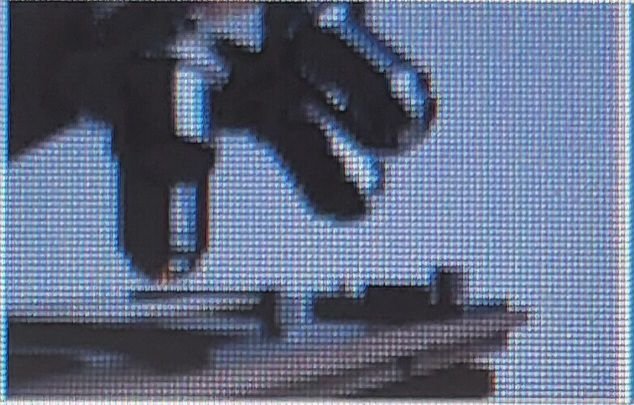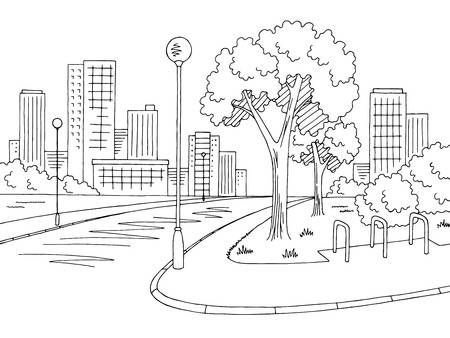[1] Accurate Identification of the embodiment of Contemporary Beneficial Sciences and Activities within the Islamic Religion
Imam As-Sadi [may Allah have mercy upon him] stated:
All praise and thanks are due to Allāh. We praise Him, ask for His assistance and forgiveness, and turn to Him in repentance. We seek protection with Allāh from the harm caused by ourselves and our actions. Whomever Allāh guides, no one can lead astray, and whomever Allāh allows to stray (due to a perversion in their heart), then no one can guide. I testify that there is no god worthy of worship besides Allāh, alone, without any partners, and I testify that Muhammad is His servant and Messenger.
This treatise presents conclusive evidence that the Islamic religion encompasses all that is good, compassionate, righteous, rightly guided, and corrective in its teachings, practices, functions, and instructions. It addresses all situations and incorporates the beneficial modern sciences and professions within its framework. The religion does not dismiss these sciences as some ignorant individuals claim, nor (agrees with) those who feign ignorance and believe that these sciences offer nothing new. Rather, whatever is beneficial from these fields for both religious and worldly matters, for communities and individuals, falls under the umbrella of the religion. The religion has clearly pointed out and directed people towards these beneficial affairs and every useful thing until the Day of Judgement; and a clarification that if modern professions are not aligned with the principles and values of religion, their negative impact will outweigh their positive contributions. Nonetheless, this principle necessitates two important considerations:
First, it is essential to know the teachings of the Qur’an and the Sunnah, both in general and in detail. Additionally, one must be aware of the existing affairs and recognised realities that are acknowledged by fair-minded individuals. By being well-informed about these two aspects, it becomes evident that Islamic disciplines, functions, and specific subject matters do not exclude anything that promotes goodness and righteousness. The person who thoroughly understands this uses these two elements as evidence and understands that a lack of either one or both can lead to deficiencies. By grasping the overarching fundamental principles related to the topic, they can connect specific issues back to these fundamental principles. However, if someone speaks on these specific issues without first understanding the general fundamental principles, serious mistakes will be made, leading to confusion only for the ignorant or the stubborn opponents. [1]
Read the article by Shaikh Abu Iyaadh [may Allah preserve him]
Understanding the Two Definitions of ‘Science’ in Operation
http://www.aboutatheism.net/articles/juvtbpd-understanding-the-two-definitions-of-science-and-scientific-enquiry.cfm
[1] Al-Dalaa’il Al-Qur’aniyyah Fee Anna Al-Uloom Wal A’maal An-Naafi’ah Al-Asriyyah Daakhilatun Fee Ad-Deen Al-Islamiy pages 1-2 [The Qur’an evidences demonstrates that modern beneficial sciences and activities are incorporated into the Islamic religion]








